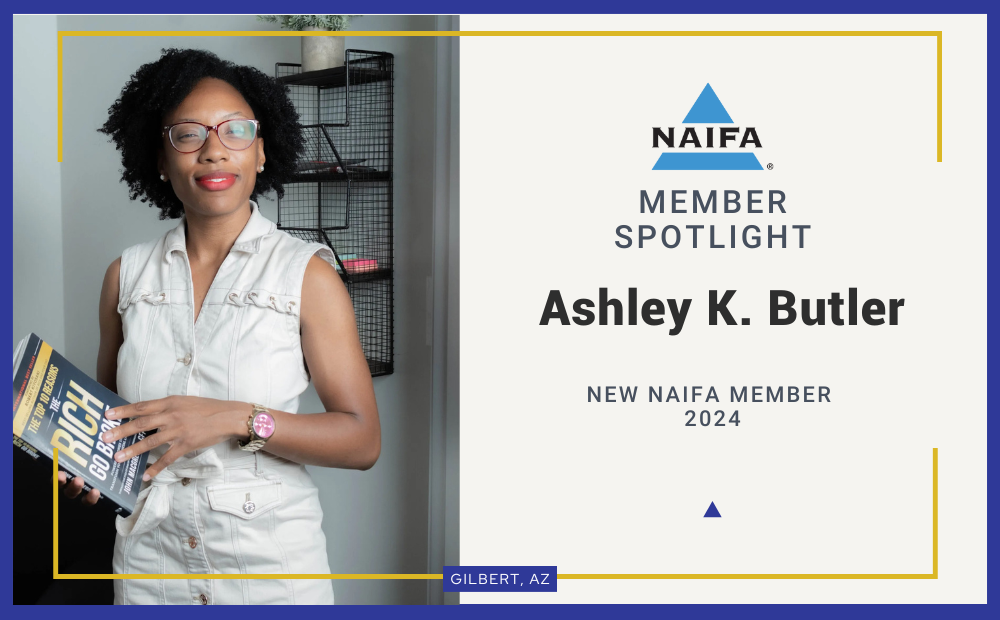On September 20, 2014, Jeff Kyle’s wife, Suzie, a 40-year-old mother of two with no known risk factors, had a stroke as she slept in a vacation cabin near Mount St. Helens in Castle Rock, Washington. Kyle and a family friend rushed Suzie to the hospital, where doctors determined that she had previously suffered an initial stroke no one had been aware of. Suzie, and her loved ones, faced a long and difficult recovery.
“I realized I went from having a spouse and a partner to a dependent, overnight,” Kyle said.
Suzie required more help than Kyle could provide while still working full time. He asked his mother-in-law to move into their house to help out for a month. For about three months Suzie slept 18 to 20 hours a day and had no energy for much else while her brain “re-wired itself,” according to her doctor.
Today, the effects of Suzie’s stroke linger, though fortunately she has achieved a 90 to 95 percent recovery.
Kyle, the owner of The DI Solution in Mill Creek, Washington, told his and Suzie’s story to attendees of NAIFA’s Performance + Purpose conference in his workshop, “While She Was Sleeping,” to illustrate the responsibility advisors have to stress the importance of disability income insurance to their clients.
“We all have stories and experiences and we need to be sharing them with our clients,” Kyle said. “Everyone knows someone who has become disabled and how it affected their life.”
Disability is a critical issue that adversely affects the lives and financial security of many Americans. The statistics are chilling:
- By age 65 a person is seven times more likely to be disabled than to die.
- Every working adult has a 30% chance of being disabled.
- Disability is the leading cause of personal bankruptcy and mortgage defaults.
Despite the enormous risk disability presents, DI insurance market penetration is a mere 6 to 8 percent. Brokerages’ average close ratio for DI insurance is only 35 to 40 percent. Kyle says these low numbers indicate either that advisors are not having DI insurance conversations with clients or “we are very ineffective.”
Advisors need to better, he says. Advisors have responsibility and duty to talk to clients about DI insurance.
“It’s the hardest conversation we’ll ever have with our clients,” he said. “No one wants to talk about death and disability. But if we don’t have that conversation, who will?”
It is a problem that advisors industry-wide should work together to solve, Kyle said.
Advisors who do not offer DI insurance or who are not experts need to work with those who do to ensure their clients are covered. DI insurance is the center piece of all insurance coverage plans because “everyone’s greatest asset is the ability to earn income. Income is king.”
“You don’t need to know everything about every line of insurance you sell,” Kyle explained, “you just need to know someone who does.”
“The other insurance and financial advisors in this room are not our competition,” Kyle said. “Death disability and chronic illness are our competition, and it’s our job to get to our clients before the competition does.”










.png?width=300&height=300&name=CC%202025%20Ad%20(300%20x%20300%20px).png)
.png?width=300&height=600&name=Tax%20Talk%20Graphic%20-%20email%20tower%20(300%20x%20600%20px).png)



.png?width=300&name=NAIFA-FSP-LH%20with%20tagline%20-%20AT%20blog%20email%20ad%20(300%20x%20250%20px).png)
.png?width=728&height=89&name=2024%20Congressional%20Conference%20(728%20x%2089%20px).png)
